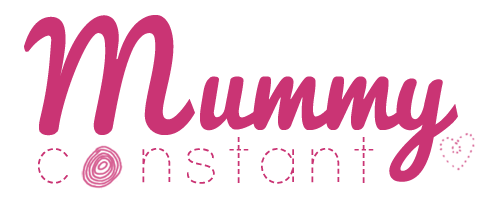For parents of young children, keeping tabs on the kids’ health is a constant effort. Parents are always concerned, even if at times on a subconscious level, about the health and wellbeing of their children. However, with most health issues that young children experience – the first broken bone, common colds, fevers and flus, etc. – problems present themselves in a clearly defined way. With your children’s vision, however, it can be different.

Of course, plenty of children are lucky enough to be born with perfect or near-perfect vision, and in those cases issues are very unlikely to arise. However, the majority of people have naturally imperfect vision, which can be increasingly problematic as your kids grow up. From problems seeing whiteboards at school, to trouble making out faces at a distance, etc., vision problems in young children can present a number of serious issues.
So how can you identify and address children’s eye issues? In some cases, like with other health issues, imperfect vision will be clearly apparent. You may notice that your child squints to see at even short distances, or that he or she has trouble identifying pictures (or words, depending on age and reading level) at reasonable distances. But if you’re uncertain about your children’s vision, there are professional sources that can be of service. At Acuvue online, for example, you can find helpful information on both how to conduct an eye test at home, and when (and how often) children should see opticians. Truthfully, kids can see opticians at any age the parents deem appropriate, and this particular references suggests that kids have their first eye appointments before starting school (so as to avoid some of the potential issues mentioned previously).
If either a home eye test or a visit to an optician reveals that your child does indeed have naturally imperfect vision, or even a specific condition such as astigmatism, you’ll of course be faced with various options for corrective vision. Some parents these days enquire about laser eye surgery, but in truth this is not an option for children who are still growing. Instead, you will have a range of contact lens and glasses options designed to improve your child’s vision and/or address any specific health concerns (such as dry eyes, allergic reactions, etc.) as dictated by your child’s optician.
 In terms of the glasses vs. contacts debate, to the extent possible it’s best to let your child decide. Some children are self-conscious about wearing glasses; some are uncomfortable in contacts; and some lead particularly active lifestyles that might practically mandate the use of contacts. Every child is different, and unless your optician strongly recommends one option or the other, allow your child the freedom to decide.
In terms of the glasses vs. contacts debate, to the extent possible it’s best to let your child decide. Some children are self-conscious about wearing glasses; some are uncomfortable in contacts; and some lead particularly active lifestyles that might practically mandate the use of contacts. Every child is different, and unless your optician strongly recommends one option or the other, allow your child the freedom to decide.
So there you have it! Truth be told, eye care for children is largely dependent on personal cases. But it is still important to have your children’s vision checked at young ages, to assess what steps might be necessary in care.
Author Bio: Leslie York is a freelance writer and mum of 2. She has several published articles on the topics of children's health as well as many others on health and fitness tips for all ages.








